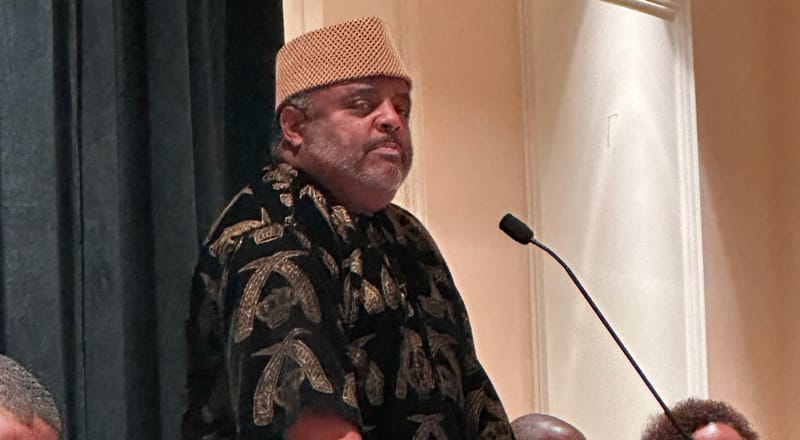Target to Cut 1,800 Corporate Jobs Amid DEI Backlash and Rising Tariff Costs
Layoffs come as retailer cites consumer boycotts over diversity rollback and import cost pressures as key factors in stagnant sales
MINNEAPOLIS — Target Corp. announced Thursday it will eliminate roughly 1,800 corporate positions, the largest workforce reduction in nearly a decade. Company leaders said the cuts come as part of a broader effort to streamline operations while addressing the combined impacts of consumer boycotts triggered by the rollback of DEI initiatives and rising tariffs on imported goods that have squeezed profit margins.
The reductions include 1,000 current employees who will receive layoff notices and 800 open positions that will not be filled. Management and leadership roles are expected to be hit hardest, while store and supply-chain employees are not affected.
Incoming CEO Michael Fiddelke, who takes over in February, said the restructuring is aimed at simplifying decision-making and accelerating innovation. “Too many layers and overlapping work have slowed decisions,” he said. “This is the first step toward a leaner, faster, more agile Target.”
Affected employees will continue to receive pay and benefits through Jan. 3, 2026, along with severance packages and career transition support. U.S. headquarters staff were asked to work from home next week ahead of formal notifications. Some employees described the rollout as disorganized, citing technical glitches and confusion.
Target has faced years of flat or declining comparable sales, and analysts say the layoffs are not just cost-cutting, but an effort to address the financial and reputational fallout from both DEI backlash and higher import costs. Activist groups, particularly those representing Black consumers, have said the company’s cultural and diversity changes remain insufficient.
Fiddelke said his priorities include refining merchandise strategy, enhancing store experiences, and investing in technology. “This is about building a stronger Target for the future,” he said.
The Minneapolis-based retailer now faces the challenge of balancing operational changes with restoring confidence among employees and customers, particularly in communities affected by the DEI rollback.







